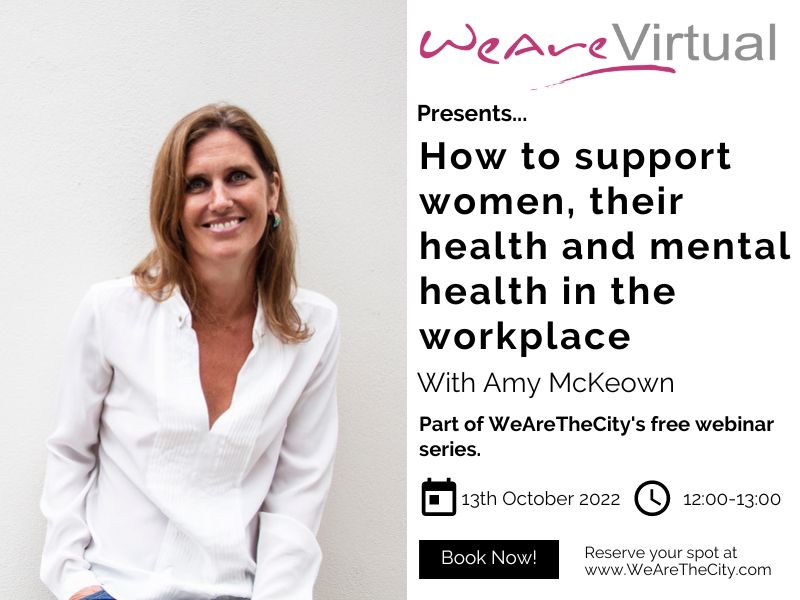
The World Health Organisation defines mental health as ‘a state of wellbeing in which every individual realises his or her own potential, can cope with the normal stresses of life, can work productively and fruitfully, and is able to make a contribution to her or his community.’
Wellbeing is rather more difficult to define, but there is consensus around the following definition: ‘Being comfortable, healthy or happy.’
Work plays a strong role in our mental health and wellbeing. There is a Maori proverb that ‘work brings health’ and the Royal College of Psychiatrists claims that work is central to many people’s happiness. Not only can work give us financial stability, it can also provide social contact and support, keep us physically or mentally active, allow us to develop our skills, provides structure and, for many, gives us a sense of identity and personal achievement.
However, work can also make us unwell. Mental ill health is usually caused by a combination of work- and non-work-related factors. For example, the pressure of ongoing change at work and longer or more intense hours may be exacerbated by financial pressures at home, relationship difficulties and, given the ageing population, greater caring responsibilities.
This World Mental Health Day, we are calling on everyone to ‘Take 10 Together’: to check in on someone – a friend, a family member, a colleague or student and have a meaningful 10 minute conversation with them about their mental health and wellbeing. MHFA England have worked with Action for Happiness on the campaign, and here are their 10 keys to help you achieve happiness in the workplace:
-
Giving
Holding out a helping hand makes other people happy and will make you feel happier too.
- Share your skills or offer support
- Ask friends, family or colleagues how they are and listen without judgement
-
Relating
The people around you offer a valuable pool of support so it’s important to put time into strengthening those connections
- Meet up with someone you haven’t seen in a while
- Turn off distractions to chat with friends or family about your day
-
Exercising
Regular activity will provide an endorphin boost and increase confidence
- Find an activity that suits you and your schedule
- Swap the car on short journeys and cycle or walk to work
-
Awareness
Taking time to switch off autopilot and ‘be in the moment’ is a great tool to combat stress.
- Pay attention to your senses – what can you see, hear or feel around you?
- Choose a regular point in the day to reflect
-
Trying out
Learning new things is stimulating and can help to lift your mood.
- Take on a new role at work or school
- Try out a new hobby, club or activity that interests you
-
Direction
Working towards positive, realistic goals can provide motivation and structure.
- Choose a goal that is meaningful to you, not what someone else expects of you
- Remember to celebrate progress along the way
-
Resilience
Although we can’t always choose what happens to us, we can often choose our own response to what happens.
- Find an outlet such as talking to friends or writing it down
- Take action to improve your resilience skills
-
Emotions
Positive emotions can build up a buffer against stress and even lead to lasting changes in the brain to help maintain wellbeing.
- Take time to focus on the good aspects of any situation
- Set aside time to have fun
-
Acceptance
No one is perfect. Longing to be someone different gets in the way of making the most of our own happiness.
- Be kind to yourself when things go wrong
- Shift the focus away from what you don’t have and can’t do, to what you have and can do
-
Meaning
People who have meaning in their lives experience less stress, anxiety and depression.
- Prioritise the activities, people and beliefs that bring you the strongest sense of purpose
- Be part of something bigger than yourself – volunteer for a cause, be part of a team, notice how your actions make a difference for others
To find out how employers can support the wellbeing of their staff and demonstrate their commitment to World Mental Health Day, visit mhfaengland.org and download the free MHFA England Take 10 Together toolkit.
For more guidance around how to approach and respond to a colleague who may be experiencing a mental health issue download the free Line Managers’ Resource at mhfaengland.org/workplace/line-managers-resource








